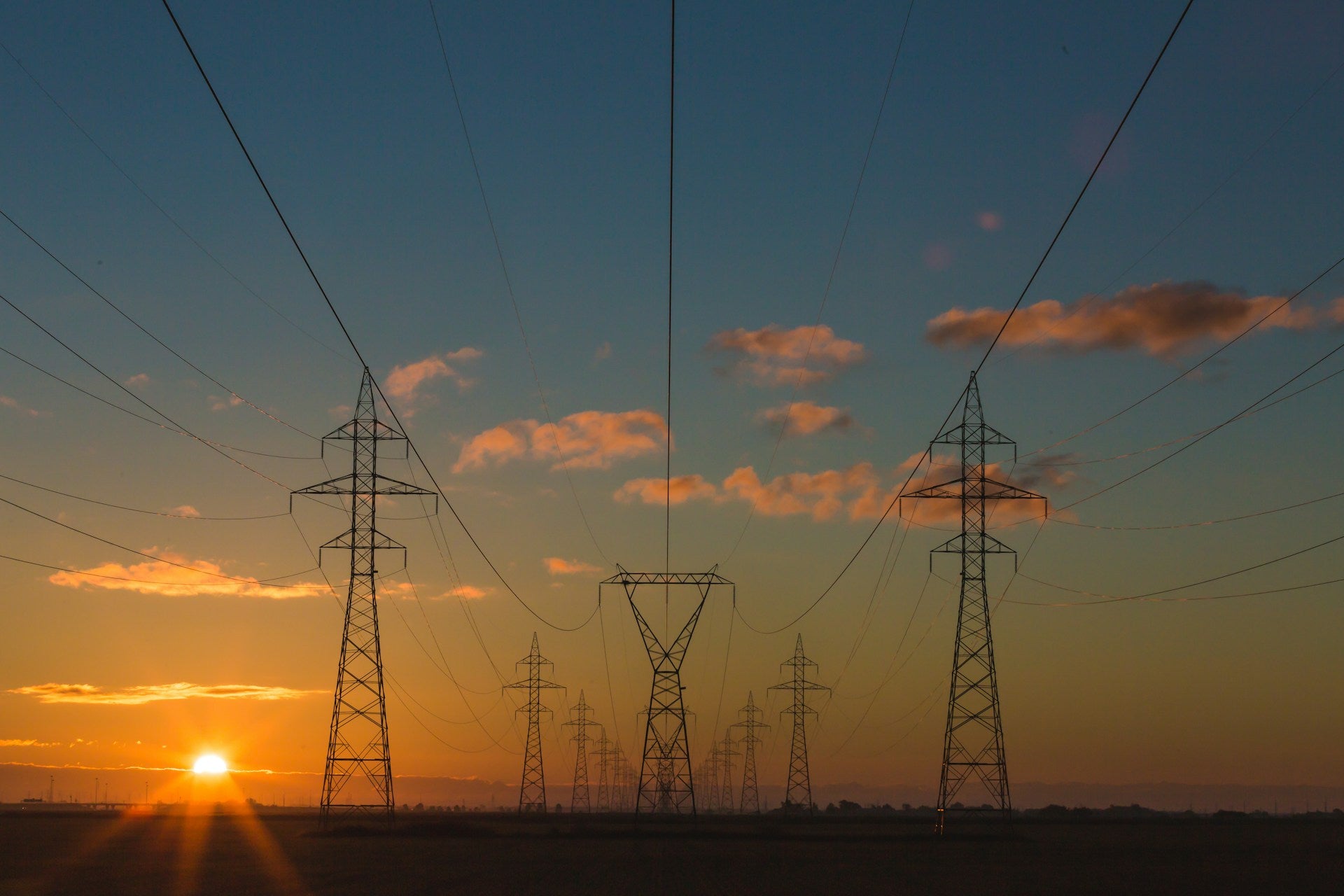
With concerns about climate change growing with each extreme weather event, finding effective alternatives to fossil fuels to generate power is more important than ever. Combined Heat and Power (CHP) is a technology that efficiently generates electrical or thermal energy using a variety of fuels, often gas, and technologies, making it a more environmentally friendly option for businesses seeking to reduce their carbon footprint and achieve significant cost-saving efficiencies.
In this short article, we will explore the main reasons why CHP systems are more efficient.
A Highly Efficient Process
Combined Heat and Power is a highly efficient process that captures and utilises the heat that is produced during electricity production, rather than allowing it to be completely lost. By recovering the heat and using it to warm water or cool refrigeration systems, CHP systems often achieve system efficiency between 65 and 80 per cent, making it one of the most efficient ways of generating electricity and thermal energy.
Lower Carbon Emissions
By producing power and heat simultaneously from a single fuel source, CHP systems emit much lower carbon emissions. According to UK Government research, when compared to the separate generation of electricity and heat from a power station and a gas-fired boiler respectively, CHP emits up to 30 per cent less carbon. CHP, therefore, plays a vital role in cutting harmful emissions and improving air quality. For businesses who use CO² for production, such as in drinks manufacture, it can be recovered, scrubbed, and utilised to achieve further efficiency gains.
Decreased Energy Costs
Combined Heat and Power systems offer the most valuable opportunity to reduce energy costs while simultaneously improving environmental performance. Existing CHP users are typically saving up to 30 per cent on their energy costs which, in times of soaring prices, represents a significant cost reduction.
Reduced Transmission And Distribution Losses
CHP generates electricity and heat on-site, where it is also consumed, so there is a lower demand for energy to be redistributed from remote generators to end users. This results in lower transmission and distribution losses of approximately 7.5 per cent, further improving the efficiency of Combined Heat and Power.
Contact R&M Walsh To Find Out More
At R&M Walsh, we can supply high-quality and cost-effective industrial spark plugs for gas engine CHP systems.
To find out more or to place an order, please contact us on or send us an enquiry and a member of our knowledgeable team will be delighted to assist you.
 Image Source: Unsplash
Image Source: Unsplash
 Apply for an Account
Apply for an Account Log In
Log In 0Basket
0Basket Checkout
Checkout
 01782 983376
01782 983376 info@rmwalshltd.co.uk
info@rmwalshltd.co.uk 